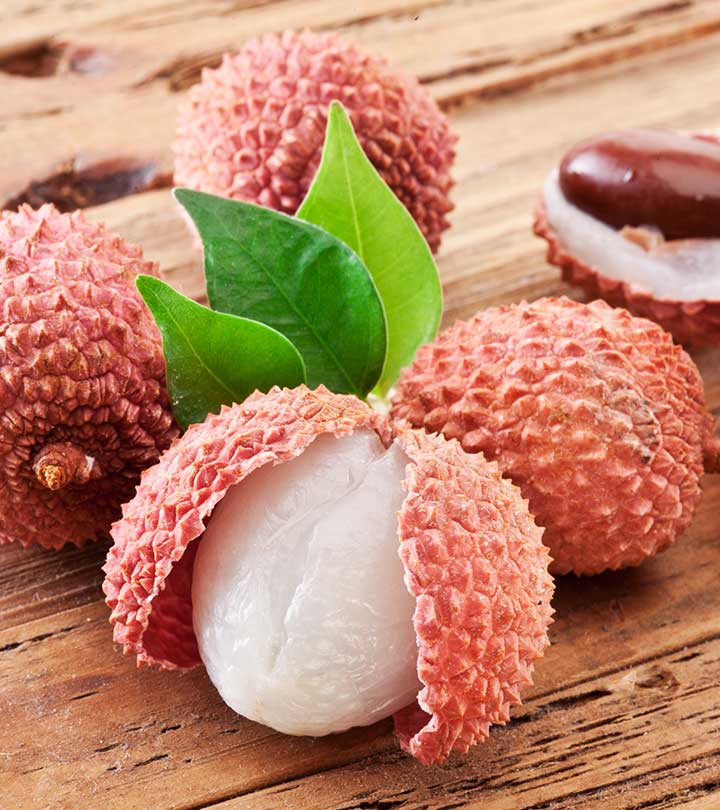Properties of lychee: a fruit of Chinese origin with interesting nutritional benefits in people with high blood pressure, being rich in potassium and vitamin C and low in sodium.

The lychee becomes an exotic fruit from China legendary (specifically southern China), although its cultivation and consumption has spread almost all subtropical areas.
It is a fruit in fact widely used in Traditional Chinese Medicine, as a remedy against pain because it becomes an effective natural analgesic.
Regarding its own appearance, it is a fruit with reddish and scaly skin, with a light-colored pulp, soft to the touch and with a certainly characteristic sweet taste. While its aroma of roses is unmistakable.
It is interesting regarding its versatility in the kitchen, not only because of the very important properties of lychee that we can find in this small fruit, but also because we can add it to delicious salads, rice dishes and smoothies.
Lychee benefits
It is a fruit that, due to its high content of vitamin C, is recommended for consumption by people who are at risk of deficiencies, especially in people who do not tolerate citrus fruits or other vegetables rich in this vitamin.
The antioxidant action of this vitamin stands out, making it a useful fruit for people with high cholesterol, because it inhibits the oxidation of what is known as bad cholesterol.
It is also rich in potassium and extremely low in sodium, so its consumption is recommended in turn to people with high blood pressure.
It is a useful fruit to reduce the risk of cardiovascular diseases, helping to take care of the heart and protect the blood vessels.
Nutritional benefits of lychee
- 100 grams of lychee provide only 75 calories.
- Water: 82 g.
- Carbohydrates: 16.5 g.
- Proteins: 0.85 g.
- Fat: 0.45 g.
- Fiber: 1.3 g.
- Sugars: 15.22 g.
- Vitamins: especially rich in vitamin C, folic acid, vitamin K, vitamin B1, B2, B3, B5 and B6.
- Minerals: rich in potassium, calcium, iron, magnesium, phosphorus, copper and zinc.






























